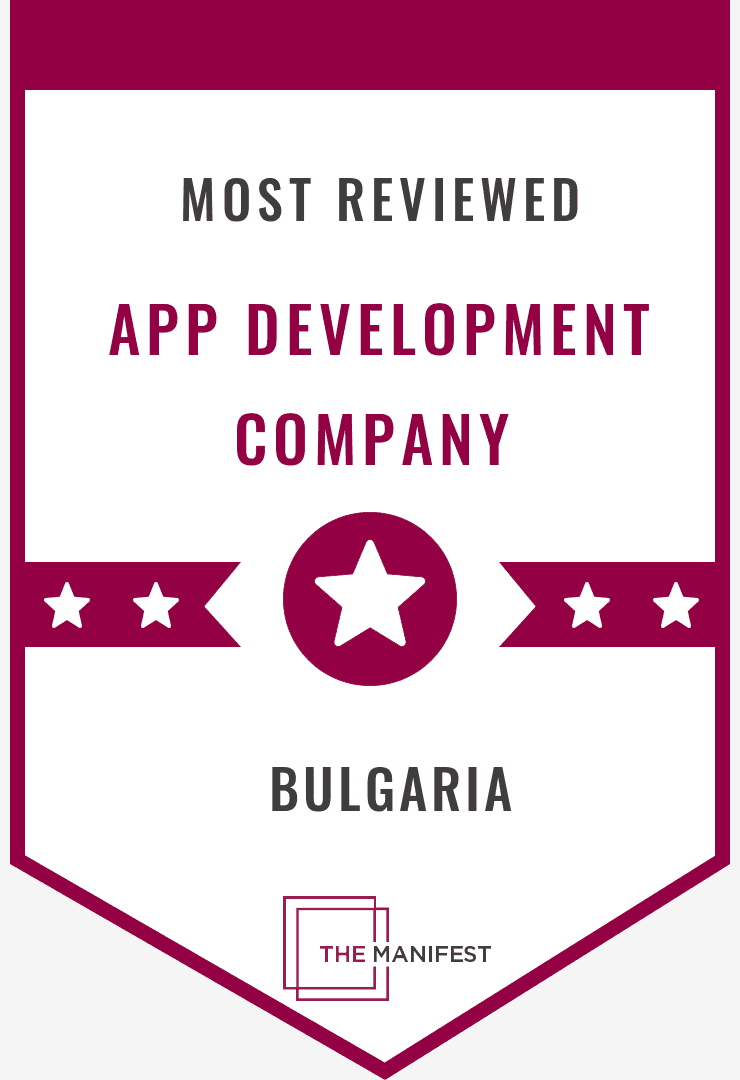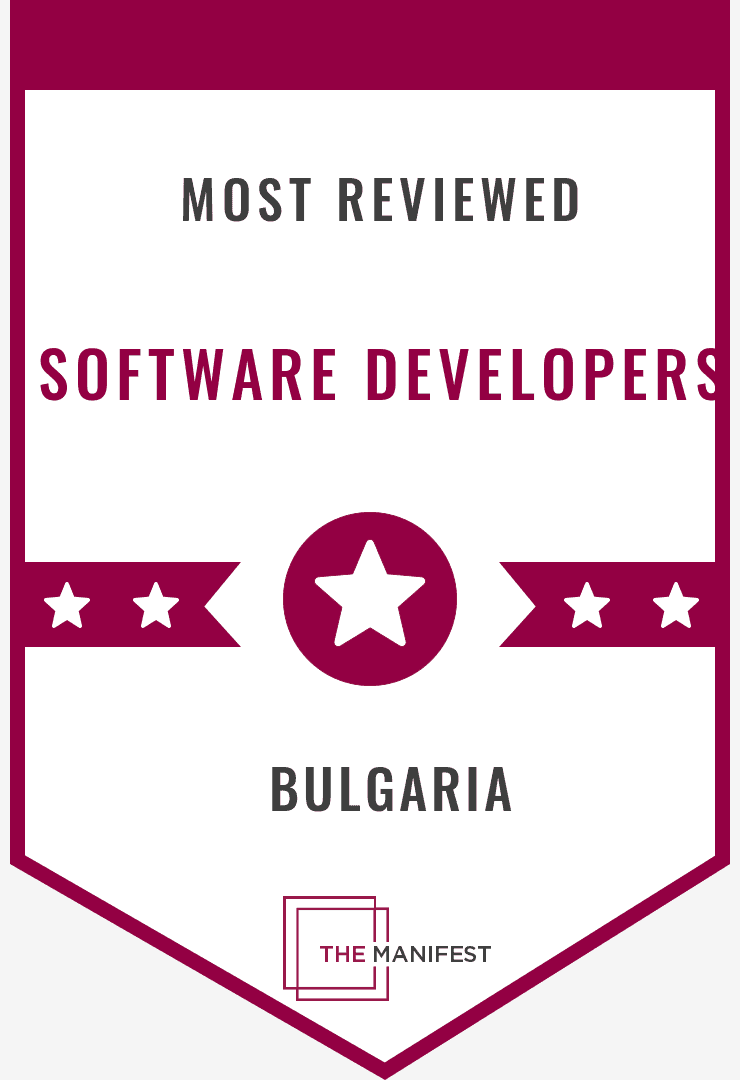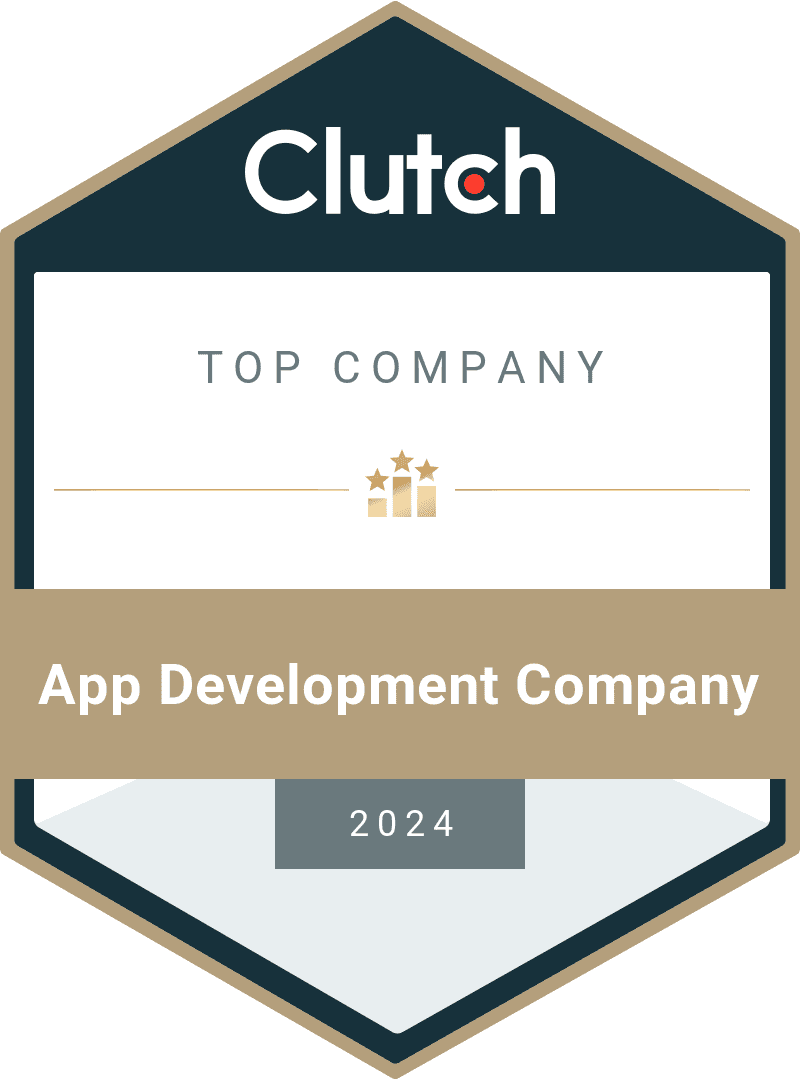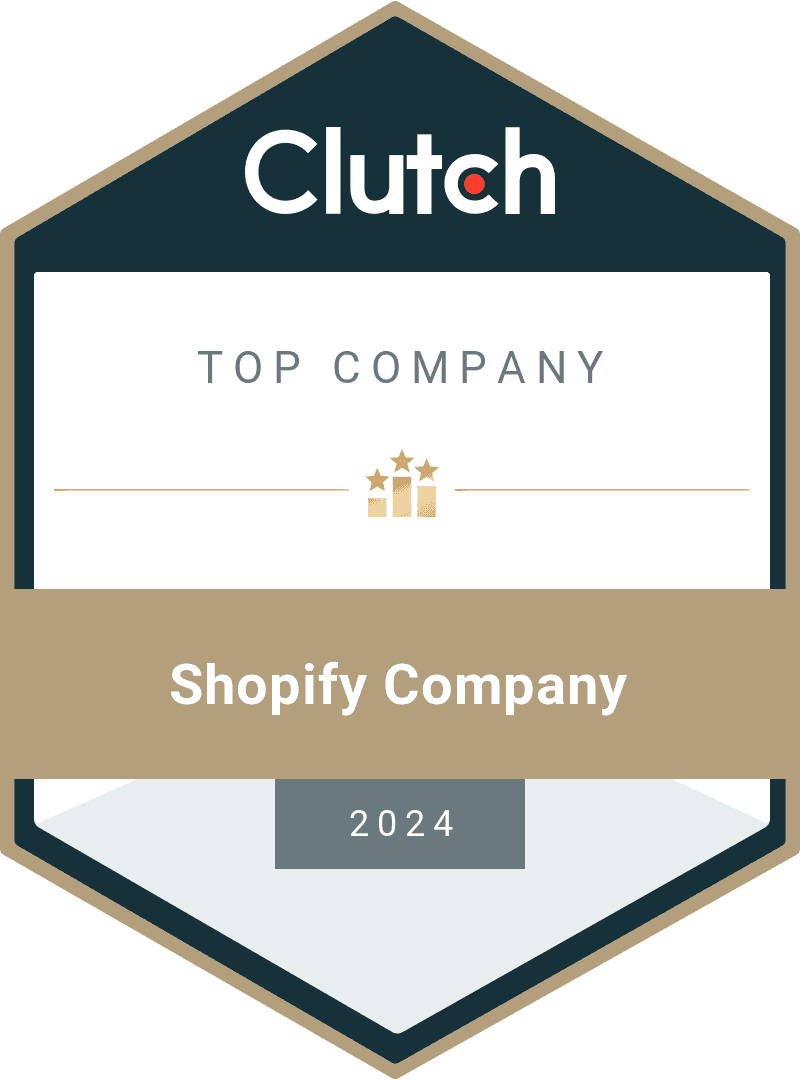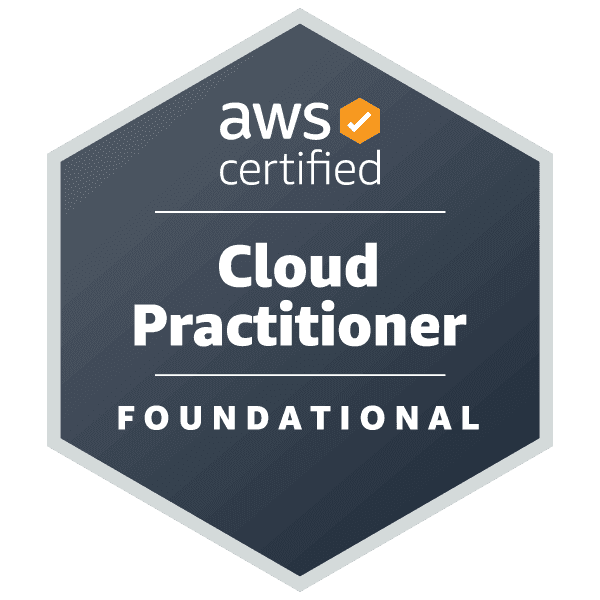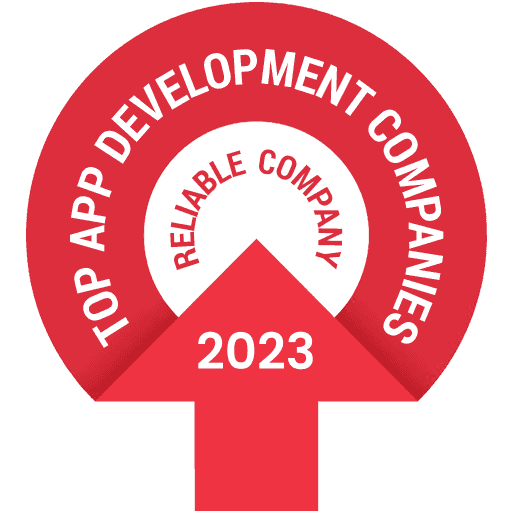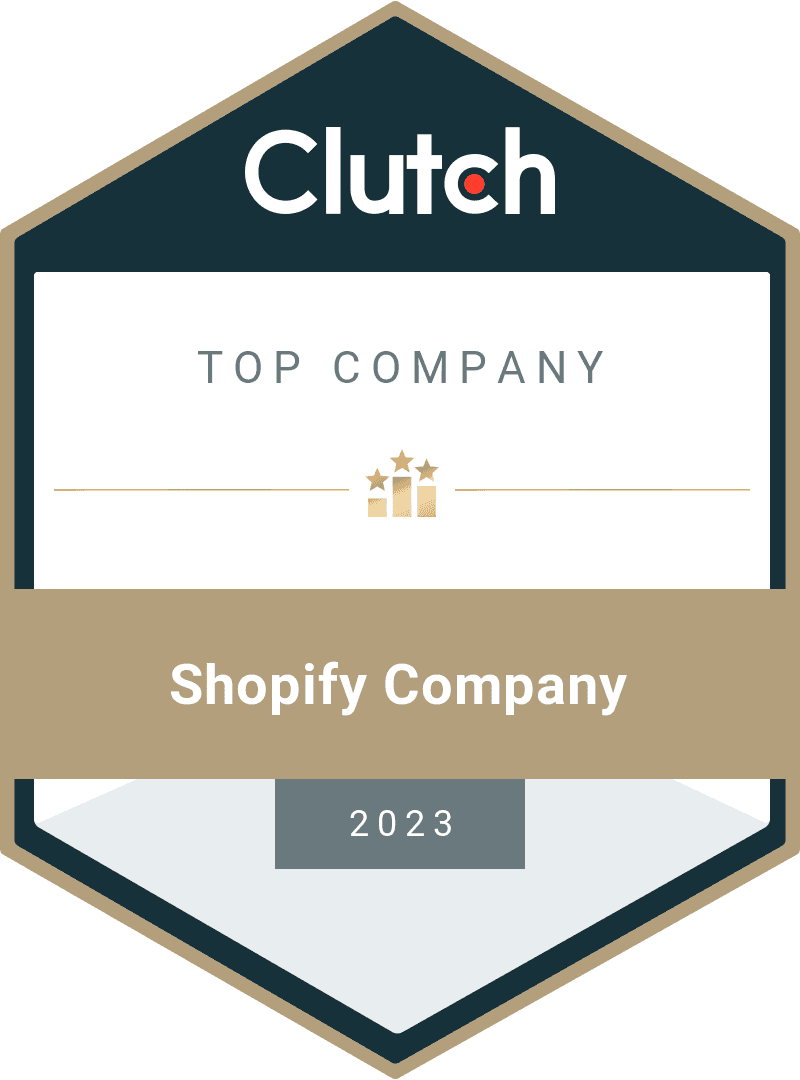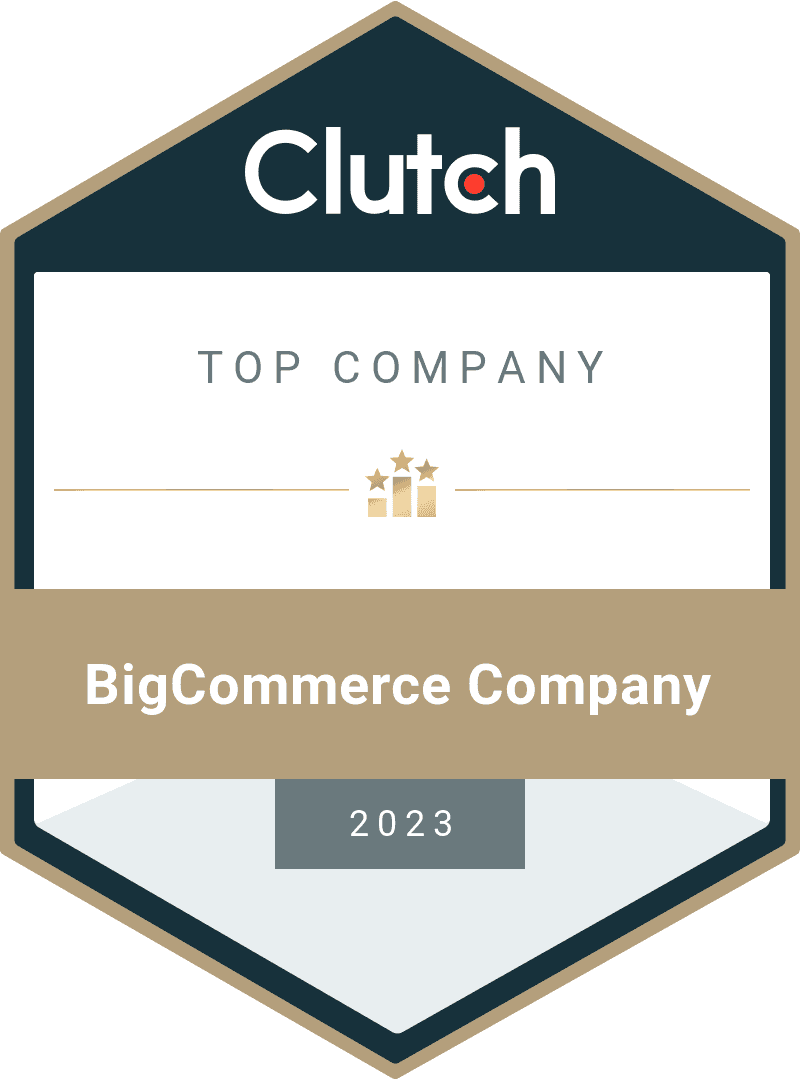Discover the pivotal role of CRM customization for Small and Medium-sized Businesses (SMBs). Delve into the benefits, best practices, development process and real-world examples shaping a tailored approach to elevate your business processes.
Benefits of CRM Customization for SMBs
CRM customization offers businesses significant advantages.
Firstly, it enhances customer relationship management by enabling personalized interactions, fostering stronger connections.
Secondly, customization allows tailoring workflows and processes to align seamlessly with specific business objectives, optimizing overall efficiency.
Thirdly, it facilitates data-driven decision-making through real-time insights, empowering businesses with accurate information. Lastly, CRM customization promotes cost efficiency by focusing on essential features, ensuring businesses only invest in functionalities that align with their specific requirements.
In essence, CRM customization becomes a strategic tool for businesses, contributing to enhanced customer satisfaction, streamlined operations, ease customer data management, informed decision-making, and overall cost-effectiveness. Check our article about Top 10 CRM Software Development Companies in 2024, to learn more about leaders in CRM customization.
Enhanced Customer Relationship Management
CRM customization allows businesses to tailor their systems to meet specific customer relationship management needs.
By personalizing customer interactions, tracking preferences, and managing communication effectively, businesses can build and nurture stronger relationships with their customers.
This enhanced CRM functionality enables a more personalized and customer-centric approach, leading to increased satisfaction and loyalty.
Tailored Workflows and Processes
One of the primary advantages of CRM customization is the ability to tailor workflows and processes to match the unique requirements of a business. Rather than adhering to generic processes, businesses can adapt the CRM system to align with their specific industry, products, or services.
This customization ensures that the CRM becomes an integral part of daily operations, streamlining tasks and increasing overall efficiency.

Data-driven Decision Making
Customized CRM systems provide businesses with the capability to collect, analyze, and utilize data effectively. By tailoring the system to capture relevant metrics and key performance indicators, businesses can make informed, data-driven decisions.
This functionality enhances strategic planning, marketing efforts, and overall business intelligence, ensuring that decisions are based on accurate and timely information.
Cost Efficiency
Customizing a cloud based CRM system allows businesses to invest in features that directly align with their needs, avoiding unnecessary expenses on irrelevant functionalities.
This targeted approach to customization ensures that resources are allocated efficiently, contributing to cost savings in the long run. Additionally, the streamlined processes and increased efficiency resulting from customization can lead to operational cost reductions.
CRM Customization Best Practices
CRM customization is pivotal for tailoring customer relationship management systems to meet specific business needs. To ensure successful customization, businesses should adhere to best practices.
Clearly defining business objectives is crucial, guiding customization toward improving sales processes, enhancing customer service, or streamlining marketing efforts.
Understanding end-user needs is equally important, ensuring the CRM aligns with their workflows. Starting with standard features minimizes unnecessary complexity, providing a solid foundation.
Prioritizing security and compliance safeguards sensitive customer data and ensures adherence to regulations.
User training is critical for successful cloud based CRM adoption, maximizing the benefits of customization. Regularly reviewing and updating the CRM is essential as business needs evolve.
Considering mobile optimization ensures usability on various devices. CRM integration with other systems enhances data flow and provides a holistic view of customer interactions.
Thoughtful data migration planning is vital when transitioning from another CRM or data source, maintaining data integrity.
Thorough testing before implementation identifies and addresses issues, preventing disruptions. Documenting customizations serves as a valuable resource for future reference, troubleshooting, and training.
Seeking professional assistance for complex customizations or large-scale implementations ensures alignment with best practices and industry standards.
By following these best practices, businesses can derive maximum benefits from CRM customization. This tailored approach optimizes customer relationship management processes, contributing to overall business success.
The ongoing commitment to customization ensures adaptability to evolving business environments and the incorporation of new CRM features.
Real-world Examples
Real-world examples of CRM customization showcase how businesses tailor their CRM systems to meet specific business objectives and enhance operational efficiency. Here are some examples:
Salesforce Customization at Adidas:
Adidas, a global sportswear brand, utilizes Salesforce's CRM platform extensively. They have customized Salesforce to manage their complex B2B sales processes, including order management, inventory tracking, and customer engagement. The CRM system has been tailored to align with Adidas's unique sales workflows and data requirements.
HubSpot CRM Customization at Grammarly:
Grammarly, a writing assistant platform, employs HubSpot's CRM with extensive customization. They have integrated the cloud based CRM with their website to track user interactions, customize lead scoring based on user behavior, and automate personalized email campaigns. This customization helps Grammarly nurture leads effectively and streamline their sales processes.
Zoho CRM Customization at Duotech Services:
Duotech Services, an electronics and aviation company, utilizes Zoho CRM with significant customization. They have tailored Zoho to manage their complex quoting and proposal processes. Custom modules and workflows are created to handle intricate details related to their products and services, improving efficiency in their sales operations.
Microsoft Dynamics CRM Customization at Renault:
Renault, the automotive manufacturer, utilizes Microsoft Dynamics CRM with extensive customization to manage their dealer network and customer relationships. The CRM system is tailored to accommodate the unique requirements of the automotive industry, including lead management, customer communication, and service tracking.
SugarCRM Customization at Yamaha Motors:
Yamaha Motors, a leading manufacturer of motorcycles, marine products, and other motorized products, uses SugarCRM with customizations to streamline their customer support processes. The cloud based CRM system is adapted to manage warranty claims, track service requests, and ensure efficient communication between customers and service centers.
These examples illustrate how businesses across various industries leverage CRM customization to address their unique challenges and streamline processes. Customized CRM systems allow organizations to adapt these tools to their specific needs, resulting in more effective customer relationship management and improved overall business performance.
Future Trends in CRM Customization

The future of CRM customization is set to witness several key trends that will shape the landscape of customer relationship management. Here are some anticipated future trends:
AI and Machine Learning Integration:
AI and machine learning will play a pivotal role in CRM customization. These technologies will enable predictive analytics, personalized recommendations, and automated processes, enhancing the overall user experience.
Hyper-Personalization:
CRM systems will focus on hyper-personalization, going beyond traditional personalization efforts. This involves creating highly individualized customer experiences by leveraging detailed customer data and behavior insights.
Voice-Activated CRM:
The integration of voice-activated technologies, such as virtual assistants and voice commands, will become more prevalent. Users will be able to interact with custom CRM systems through voice commands for tasks like data entry, searches, and updates.
Blockchain for Data Security:
Blockchain technology will be increasingly adopted to enhance data security in cloud based CRM systems. It ensures transparent and tamper-proof records, boosting customer trust and compliance with data protection regulations.
Augmented Reality (AR) and Virtual Reality (VR):
AR and VR technologies will find applications in CRM customization, particularly in industries where visualizations and simulations are valuable. These technologies can enhance product demonstrations, training modules, and virtual customer interactions.
API-First CRM Architecture:
Cloud based CRM systems will adopt an API-first approach, making it easier to integrate with a wide range of third-party applications. This facilitates seamless data flow between CRM and other tools, enhancing overall business processes.
Real-Time Analytics and Reporting:
Real-time analytics and reporting capabilities will be a focal point in CRM customization. Businesses will demand instantaneous insights into customer behaviors and market trends to make timely and informed decisions.
Mobile-First Customization:
As mobile usage continues to rise, custom CRM systems will prioritize mobile-first customization. This involves designing interfaces, features, and functionalities with a primary focus on the mobile user experience.
Customer Data Platforms (CDP):
Integration of Customer Data Platforms (CDP) will become more widespread. CDPs consolidate customer data from various sources, providing a unified view for better decision-making and personalized interactions.
Self-Service Customization Tools:
CRM systems will introduce more user-friendly and intuitive self-service customization tools. This empowers users to tailor their cloud based CRM interfaces, workflows, and reports without extensive technical knowledge.
IoT Integration:
Internet of Things (IoT) devices will be integrated into CRM systems to capture and analyze data from connected devices. This data will provide valuable insights into customer behaviors and preferences.
Ethical and Responsible CRM:
With increasing emphasis on data privacy and ethics, CRM customization will incorporate features and practices that prioritize responsible data usage and adhere to evolving regulations.
These trends collectively represent the evolving landscape of CRM customization, driven by advancements in technology, changing customer expectations, and the continuous quest for more personalized and efficient customer interactions.
Businesses that stay attuned to these trends will be better positioned to leverage CRM as a strategic tool for growth and customer satisfaction.
Why should SMBs invest in customized CRM solutions?
Small and Medium-sized Businesses (SMBs) stand to gain significant advantages by investing in customized CRM solutions tailored to their unique needs.
The strategic decision to customize CRM offers a multitude of benefits that directly impact operational efficiency, customer relationships, and overall business success.
The primary advantage lies in the tailored nature of these solutions, allowing custom CRM systems to align precisely with the intricate business processes, workflows, and specific requirements of SMBs.
This bespoke approach ensures that the CRM system becomes an exact fit for the organization's distinct needs, fostering a seamless integration into daily operations.
CRM customization goes beyond just fit; it contributes to enhanced efficiency by enabling SMBs to streamline and optimize their operations.
Incorporating features that directly address challenges and align with organizational goals results in increased operational efficiency and heightened productivity.
This tailored efficiency becomes a driving force for SMBs, allowing them to navigate their daily tasks with precision and effectiveness.
One of the notable aspects of customized CRM solutions is their cost-efficient scalability. SMBs can initiate cloud based CRM implementation with essential functionalities and scale up as their business grows.
This approach avoids unnecessary expenses on features that may not be immediately relevant, ensuring a judicious use of resources.
The focus on customer relationships is accentuated through personalization features embedded in customized CRM solutions. By understanding and responding to individual customer needs, SMBs can build and nurture stronger customer relationships.
This personalized approach translates into enhanced customer satisfaction and loyalty, crucial elements for sustained business success.
Data-driven decision-making becomes a hallmark of customized CRM solutions, providing relevant and real-time insights into customer behavior, sales trends, and overall business performance.
This data-driven approach empowers SMBs to make informed decisions for strategic growth, aligning their actions with market demands and opportunities.
Adaptability to industry changes is a critical feature, particularly for SMBs operating in dynamic environments.
Customized CRM solutions are designed to adapt to evolving market trends and regulatory changes, ensuring that the cloud based CRM system remains relevant and effective amid industry shifts.
A competitive advantage is gained as customized CRM solutions enable SMBs to differentiate themselves in the market.
By tailoring the CRM to meet specific customer needs and industry requirements, SMBs can gain a competitive edge over competitors relying on generic, one-size-fits-all solutions.
User adoption is a key success factor for any CRM implementation. A CRM system customized to match the workflow and preferences of SMB employees is more likely to be embraced by users.
Higher user adoption rates contribute significantly to the success of CRM implementation, ensuring that the entire organization actively engages with the system.
Customization also allows SMBs to maintain a strategic focus on their core business activities without being constrained by the limitations of generic cloud based CRM solutions.
The CRM system actively supports and contributes to the business strategy, ensuring that every aspect of the system aligns with the organization's overarching goals.
Lastly, agility in response to changes becomes a defining characteristic of customized CRM solutions.
In a dynamic business environment, SMBs need the flexibility to adapt quickly, whether it's introducing new products or services, entering new markets, or adjusting processes. A customized cloud based CRM facilitates this agility, allowing SMBs to navigate changes with ease.
In summary, investing in customized CRM solutions is a strategic move that empowers SMBs to optimize operations, build strong customer relationships, make informed decisions, and stay agile in a competitive business landscape.
It's a forward-thinking investment that aligns technology with the specific needs and growth trajectory of each SMB, fostering sustained success and resilience.
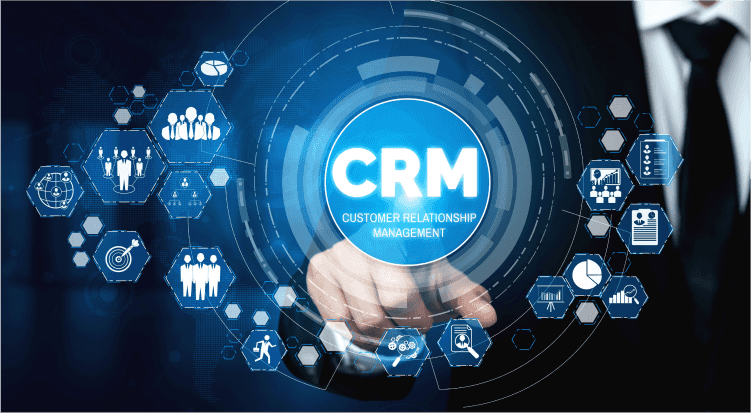
CRM Customization FAQ's
Why is CRM customization important for SMBs?
CRM customization holds immense importance for Small and Medium-sized Businesses (SMBs) due to its ability to tailor the system to specific organizational needs. In the SMB landscape, where processes can be unique and diverse, customization ensures that the cloud based CRM solution is finely tuned to align with the intricacies of the business.
This bespoke approach enhances efficiency by introducing tailored workflows and processes, simplifying tasks, and automating operations.
Moreover, customization is a cost-effective strategy for SMBs. It allows businesses to invest in essential CRM features, avoiding unnecessary expenses on functionalities that may not align with their specific requirements or budget constraints.
This ensures optimal resource utilization while maintaining a custom CRM solution.
Customer relationships lie at the core of SMB success, and CRM customization plays a pivotal role in nurturing them. Tailored features enable SMBs to offer a personalized experience to customers, fostering stronger connections and loyalty.
Furthermore, CRM customization provides adaptability and scalability, crucial for growing SMBs.
As the business evolves, the custom CRM solutions can seamlessly accommodate changes in processes, ensuring that it remains a valuable asset throughout the business's journey.
What benefits does CRM customization offer for customer relationships?
CRM customization brings a multitude of benefits specifically designed to enhance customer relationships. Firstly, it enables personalized interactions, tailoring engagements based on individual preferences and needs.
This personal touch fosters stronger and more meaningful connections with customers. Secondly, customization facilitates targeted communication by allowing businesses to segment their customer base.
This ensures that customers receive relevant information and offers, enhancing overall engagement.
Thirdly, tailored workflows and processes within the custom CRM systems create a seamless and personalized customer journey, optimizing every touchpoint.
Additionally, customized data fields provide deeper insights into customer behavior, preferences, and history, enabling businesses to anticipate needs and proactively address concerns.
The efficiency in issue resolution, often a feature of customized CRM solutions, contributes to overall customer satisfaction. Consequently, the cumulative impact of these customized features leads to increased customer retention and loyalty, building a foundation for long-term, mutually beneficial relationships.
In summary, CRM customization is a strategic tool for businesses seeking to transform and optimize customer relationships throughout the entire lifecycle.
How can SMBs identify their specific CRM customization requirements?
Small and Medium-sized Businesses (SMBs) can effectively pinpoint their CRM customization requirements through a systematic process. To commence, assess current business processes, identifying areas that require enhancement.
Engage key stakeholders across departments – sales, marketing, customer service, and IT – to gather diverse insights into operational needs.
Clearly define business objectives that the cloud based CRM system should support, whether it's improving customer relationships or streamlining sales processes. Map the customer journey, focusing on crucial touchpoints that require customization for a personalized experience.
Prioritize customization features based on immediate needs and business priorities. Anticipate scalability and future growth, opting for customization options that can adapt to evolving requirements.
Explore CRM templates tailored for specific industries or functions as a starting point for customization.
User training is essential, accompanied by regular feedback sessions to refine customization based on actual operational needs. Conduct regular reviews to assess cloud based CRM performance and customization effectiveness.
Lastly, consulting with CRM experts or consultants specializing in SMB solutions can provide valuable guidance and ensure customization aligns with industry best practices.
This systematic and collaborative approach ensures that CRM customization is tailored precisely to meet the unique requirements of SMBs, contributing to enhanced efficiency and customer relationship management.
Which CRM platform is best for SMB customization?
Several CRM platforms cater specifically to the customization needs of Small and Medium-sized Businesses (SMBs). The choice depends on various factors such as business requirements, budget constraints, and scalability.
Here are some popular CRM platforms known for their suitability for SMB customization:
HubSpot CRM:
Key Features: HubSpot CRM offers a user-friendly interface, customizable pipelines, and the ability to create tailored properties for contacts, companies, and deals.
CRM Customization: Users can customize fields, create personalized dashboards, and automate workflows.
Zoho CRM:
Key Features: Zoho CRM provides a comprehensive suite of tools for sales automation, marketing, and customer support.
CRM Customization: Users can customize modules, create custom views, and define automation rules to suit unique business processes.
Salesforce:
Key Features: Salesforce is a robust CRM platform with extensive features for sales, service, and marketing.
CRM Customization: Salesforce offers high levels of customization, allowing users to create custom objects, fields, and workflows.
Pipedrive:
Key Features: Pipedrive is known for its visual pipeline management and sales-focused features.
CRM Customization: Users can customize pipelines, create custom fields, and automate repetitive tasks.
Freshsales:
Key Features: Freshsales is designed to streamline sales activities with AI-driven insights.
CRM Customization: Users can customize modules, define custom roles, and automate workflows.
Insightly:
Key Features: Insightly combines CRM and project management features for a comprehensive solution.
CRM Customization: Users can customize fields, create custom objects, and automate processes.
Nimble:
Key Features: Nimble is known for its social CRM features, consolidating contact information from various sources.
CRM Customization: Users can customize contact fields, create custom tags, and integrate with third-party apps.
Bitrix24:
Key Features: Bitrix24 offers a suite of collaboration and communication tools alongside CRM.
CRM Customization: Users can customize fields, create custom reports, and automate business processes.
When choosing a CRM platform for SMB customization, it's essential to evaluate each platform's specific features, scalability, ease of use, and pricing model. Conducting a trial or seeking user reviews can also provide valuable insights into the platform's suitability for the unique customization needs of your SMB.
What role do stakeholders play in the CRM customization process?
Stakeholders play a crucial role in the CRM customization process, bringing unique perspectives and expertise to ensure its success.
Representing departments like sales, marketing, customer service, and IT, stakeholders provide valuable insights into daily operations and challenges. They help identify pain points, inefficiencies, and areas where CRM customization can enhance processes.
Actively participating in defining cloud based CRM requirements, stakeholders articulate functionalities needed to meet departmental objectives and overall business goals.
They contribute to user adoption and training, ensuring that end-users understand and embrace customized features. Stakeholders provide ongoing feedback, facilitating adjustments and refinements based on evolving needs.
Crucially, stakeholders align CRM customization with overarching business objectives, prioritizing features that directly contribute to strategic goals.
Serving as champions of change, they advocate for CRM customization, encouraging a positive attitude toward adopting new business processes and technologies.
In summary, stakeholders collaborate to ensure CRM customization is not only technically effective but also strategically aligned and responsive to diverse organizational needs.
Relevant Articles:



















